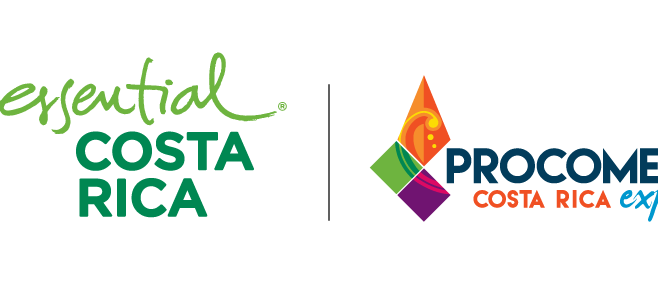
For a long time, the accepted wisdom was that enterprises should keep core products and services in-house. This, in turn, strongly influenced what services and disciplines were considered for third-party delivery – and the value proposition by which those service providers were measured.
In the industry 4.0 era, however, with many of those same enterprises under growing pressure to redefine their offerings, accelerate innovation and digitalise at speed, one’s supplier and partner ecosystem is coming to be viewed through a quite different lens. A shift to co-innovation and co-creation, often produced through ever more agile working methods leveraging data and analytics, means the alignment of culture and the closer integration of external talent is taking ever more precedence. How buyers gauge value is changing markedly.
While countries like China and India have long made labour arbitrage a core component of their value proposition, purely ranking suitability on cost considerations is fast being seen as an antiquated approach. Quantity no longer equates to quality, and smaller, more flexible economies boasting an abundance of digital talent – as well as greater transparency and a commitment to ESG standards – are in an increasingly strong position to serve as partners of choice.
Costa Rica is a case in point. A well-established location for nearshoring services, this country of just five million people is witnessing rapid evolution in both the types and complexity of services international buyers are demanding and its ability to serve them.
Meeting new tech requirements
A recent Gartner report found that between now and 2025, “the majority of CDOs will have failed to foster the necessary data literacy within the workforce to achieve their stated strategic data-driven business goals”. This means a growing focus on finding external partners that can provide such talent and services. Of Costa Rica’s more than 450 ICT technology companies, over 100 are now developing high-value industry 4.0 solutions for various verticals.
“I think it is a very important progression and shows a true willingness to move into a higher complexity and fields of specialisations,” says Maykool López Rojas, director of the New York trade office of the Export Promotion Agency of Costa Rica (PROCOMER), of the growing proportion of activity in this space. “Everybody was looking at these technologies before the pandemic, but over the last two years, we have seen a real change in the sense of urgency and speed. I believe it is an area in which Costa Rica can benefit.”
This shift is also impacting the tone of the dialogue López, his team and Costa Rica’s service providers are having with potential clients.
“Conversations with buyers used to begin with, and revolve around, our budget proposition,” López explains. “In the early-1990s, we were attracting business based on our contact centres and other more traditional business process outsourcing services.
“What then started to happen was buyers increasingly realised that Costa Rica has much more potential in terms of talent and started taking advantage of skilled workers to provide value-added services in sectors like software engineering, life sciences, and even more creative-based industries like advertising. What we are seeing now is a further evolution of that trend.”
New value metrics
Digital talent is in ever-increasing demand, but so too are partners and economies that can drive and enhance ESG standards. Costa Rica runs on more than 98% renewable energy and, in 2019, became the UN’s first Champion of the Earth. Last year, the country received the 2021 Earthshot Prize in the Protect & Restore Nature category from the Duke of Cambridge for saving its once devastated forests. It stands as the only country in the world to have reversed deforestation.
Environmental commitments, married with progressive employment and education initiatives, all tick boxes for increasingly important metrics when it comes to selecting a partner of choice.
At the same time, the country’s service providers, particularly in the tech space, are transitioning to ever more complex value-added partnerships, combining creativity with technical nous.
López points out that Costa Rica has been well-positioned to take advantage of mobile, creative development as a result of ever-growing skills within its talent pool, with developers, for example, typically fluent not only in coding but open-source content management systems, platforms and technologies like Drupal, React, JS, Java and Adobe.
This, he says, is down to the country taking the time to develop infrastructure, educate its workforce, encourage inward investment, and take on challenges from interested parties that want products and services with “higher complexity”. Not only is Costa Rica now in a position to export advanced medical technology but also aerospace, AI, SAAS, nanotechnology and cybersecurity, making an incredibly attractive destination for buyers looking for products and services that reflect the requirements and disciplines of a fast-changing economy.
“We see it happening at speed,” López says. “Whether it is a growing number of organisations working and developing new products in the cloud, or focusing on that incredibly dynamic intersection between manufacturing and technology. There are so many opportunities already here and many more emerging. The potential is huge.”


